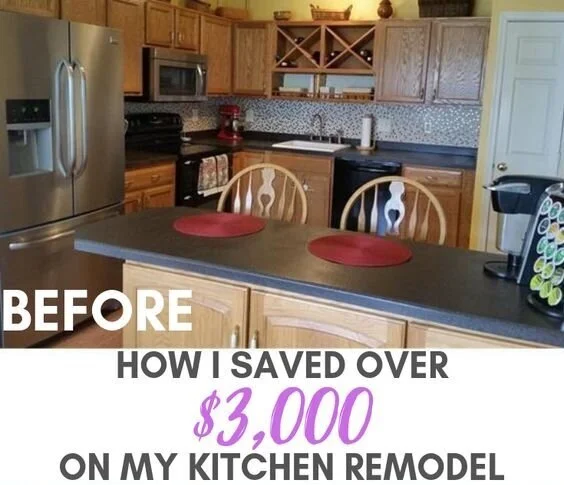If you’re clueless on what steps to take to buy your first home, you might not know what to look out for when it comes to expenses. There are many expenses that can sneak up on you and derail your budget if you’re not careful.
Many realtors and sellers understand that when you’re buying your first home you’re probably going to fit into the cliché of basing your buying decision solely on emotions. Don’t feel bad though, we all do that in the beginning. I even did. This is your first home, there are a lot of feelings and emotions going on, and that is normal.
Although you have emotions about your first purchase, you don’t want to be that cliché and more importantly, you don’t want to make any wrong decisions. By doing your research and getting insight from experts (me), you'll be able to prevent overlooking those sneaky expenses. And, you'll be well on your path to being a financially prepared and educated homeowner.
So if you’re new to the home buying process, keep reading and be ready for these expenses:
Maintenance costs
Most first time homebuyers naively underestimate the cost of maintaining their beautiful home. Budgeting for maintenance costs is extremely necessary. Firstly, because you must be able to pay for emergency costs promptly if they occur. And secondly, to maintain your home's value.
Home ownership is an unpredictable ride. In fact, the only thing that is certain about home ownership is that you'll have a mortgage payment due each month. What will you do if your furnace is nearing its life expectancy, your home's water main bursts or you need to hire a pro to replace shingles? Budget accordingly for these expenses in order to avoid financial pitfalls.
According to Coldwell Banker, homeowners should budget approximately 1% to 4% of their home's value for yearly maintenance costs. Plus, you can expect higher maintenance costs if you have dogs or two or more children.
Having an emergency fund and/sinking funds, will be important so you can always stay a step ahead of anything that goes wrong. Here are a list of items you may want to start a sinking fund for based on their life expectancy.
Avoid underestimating your down payment.
With all of the talk about down payments, it can be confusing to set aside the right amount. Be very mindful of loan programs that advertise a "no money down" option. While you won't have to place a down payment on the home, your interest rate will be exorbitant and you’ll incur other costs as well.
If you are using FHA, you’ll only need to put down 3.5%, which is amazing.
If you are going Conventional, you’ll need to set aside 20% of the purchase price for your down payment. Though 10%, and in some instances, even 5% will suffice, you'll incur the cost of PMI.
For example, if you purchase a home worth $150,000 and you put down only $4,500 (3%), you'll need to purchase PMI insurance to cover the missing 17% of the down payment. In this case, the monthly PMI would amount to $118.82, in addition to your mortgage payment.
Remember your closing costs
The number of novice buyers that tend to underestimate the amount needed for closing costs is astounding. Generally, closing costs will amount to approximately 3% of the purchase price of the home. However, the cost may vary.
The most important fees that are included in closing costs are legal fees, lender fees, transfer taxes, and title policies. However, there are several other costs associated with closing on a home you intend to purchase.
Employing the services of an experienced local realtor will not only help you accurately estimate your closing costs. But, your realtor will also be able to guide you toward vendors with the lowest fees (such as banks, lawyers, and more).
If you have an experienced realtor, based on the conditions of the home, they may even be able to ask the seller to cover the closing costs, which will save you a bunch of money.
Much like getting married and starting a family, purchasing your first home is a rite of passage. It isn't uncommon for homebuyers to get themselves into trouble by overextending themselves financially or choosing a home that isn't right for them.
Make the most of this joyous moment by ensuring that you're aware of all of the expenses you'll incur as a homeowner, and budgeting accordingly. If the expenses are simply too high to handle at this time, there's no shame in waiting until you're financially ready; it's the responsible thing to do.
























